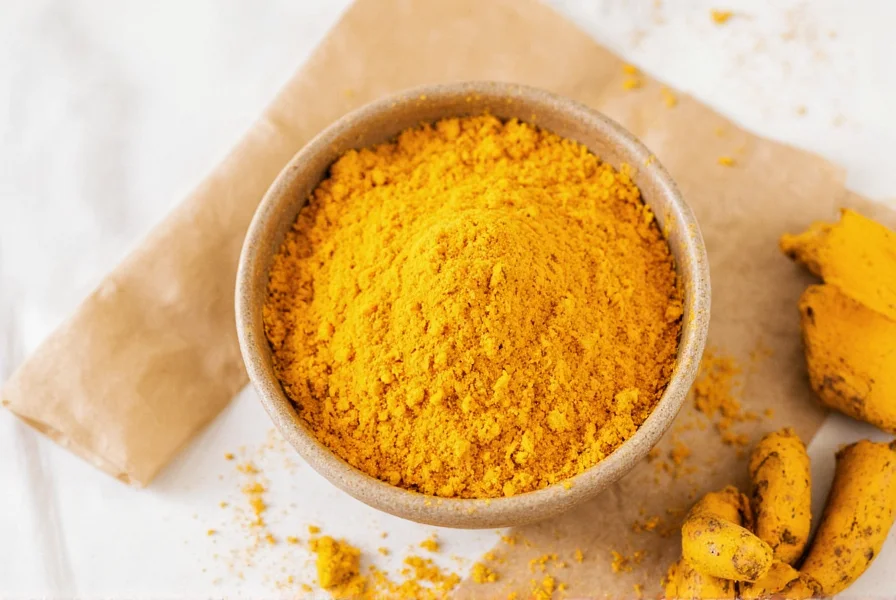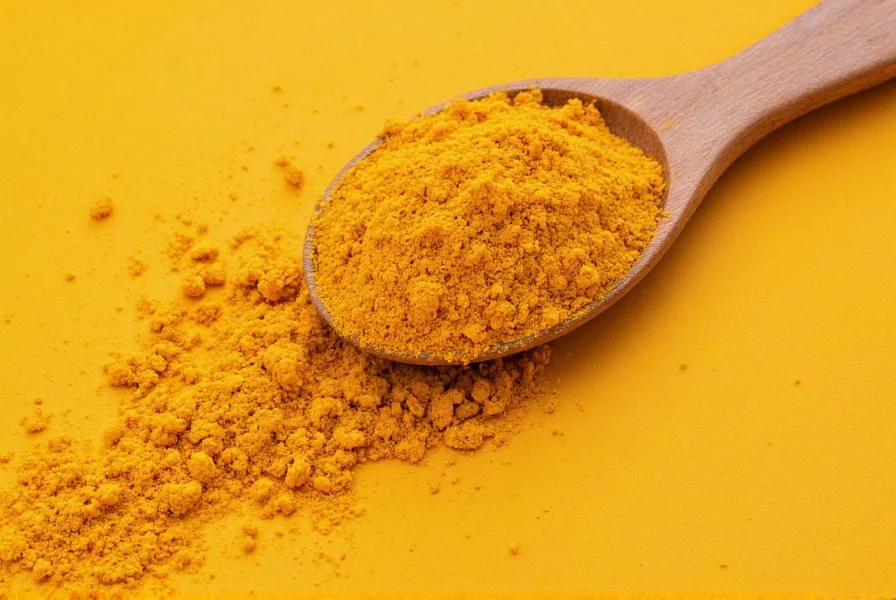For those exploring natural approaches to weight management, turmeric has gained attention as a potential supplement. This golden spice, used for centuries in traditional medicine, contains curcumin—a compound with anti-inflammatory and antioxidant properties that may influence metabolic processes related to weight regulation.
The Science Behind Turmeric and Weight Management
Curcumin, turmeric's primary bioactive component, appears to affect several biological pathways connected to weight regulation. Research suggests it may help reduce inflammation in adipose (fat) tissue, improve insulin sensitivity, and potentially influence fat metabolism. A 2020 meta-analysis published in Phytotherapy Research examined 13 clinical trials involving over 1,000 participants and found that curcumin supplementation was associated with modest reductions in body weight, BMI, and waist circumference compared to placebo groups.

What the Research Actually Shows
When evaluating does turmeric really help with weight loss, it's crucial to examine the quality and scope of available evidence. Most promising results come from studies where curcumin was combined with:
- Standardized doses of 500-1,500 mg daily
- Piperine (from black pepper) to enhance absorption
- Comprehensive lifestyle interventions including diet and exercise
A notable 2019 study in the European Review for Medical and Pharmacological Sciences followed 44 overweight adults for 30 days. Those taking 800 mg of curcumin daily plus lifestyle counseling lost approximately 4.9% body fat compared to 1.4% in the control group. However, this represents a relatively small effect size when considered in the broader context of weight management.
| Study | Duration | Participants | Curcumin Dose | Weight Impact |
|---|---|---|---|---|
| Di Pierro et al. (2015) | 30 days | 40 | 800 mg + piperine | 4.7 lbs fat loss |
| Panahi et al. (2016) | 8 weeks | 113 | 1,000 mg | 2.9% body fat reduction |
| Heydari et al. (2017) | 8 weeks | 70 | 1,500 mg | 1.88 lbs weight loss |
Limitations of Current Evidence on turmeric weight loss effectiveness
While these findings seem promising for those asking does curcumin burn belly fat, several important limitations exist:
- Most studies are relatively short-term (4-12 weeks)
- Sample sizes are typically small
- Many studies combine curcumin with other interventions
- Long-term sustainability of results remains unclear
- Commercial bias exists in some industry-funded research
Furthermore, the mechanisms by which curcumin might influence weight are not fully understood. Some researchers believe its primary benefit comes from reducing inflammation that can interfere with metabolic function, rather than directly causing fat burning.
Realistic Expectations for Natural Weight Management
For individuals considering natural weight loss remedies with turmeric, it's essential to maintain realistic expectations. Curcumin supplementation alone won't produce dramatic results. The most effective approach combines:
- Moderate caloric deficit through balanced nutrition
- Regular physical activity
- Adequate sleep and stress management
- Potential supplementation with standardized curcumin (500-1,500 mg daily)
The best way to take turmeric for weight loss involves formulations that enhance bioavailability, as curcumin has poor absorption on its own. Look for products containing piperine (black pepper extract) or those formulated with phospholipids or nanoparticles.

Safety Considerations and Potential Side Effects
Turmeric is generally safe at culinary doses, but higher supplemental doses may cause:
- Digestive discomfort in some individuals
- Potential interactions with blood thinners
- Increased risk of kidney stones in susceptible individuals
- Possible interference with iron absorption
Those with gallbladder issues should consult a healthcare provider before using turmeric supplements. Pregnant women and individuals scheduled for surgery should avoid high-dose supplementation.
Conclusion: Turmeric's Role in Comprehensive Weight Management
When examining the question does turmeric help you to lose weight, the evidence suggests it may provide modest support as part of a comprehensive approach. While not a magic solution, curcumin's anti-inflammatory properties might help address underlying metabolic issues that can hinder weight loss efforts. The most significant results occur when turmeric supplementation complements evidence-based lifestyle changes rather than replacing them.
For those seeking sustainable weight management, focusing on proven strategies—balanced nutrition, regular exercise, adequate sleep, and stress management—remains paramount. Turmeric may offer supplementary benefits, but it should be viewed as one component of a holistic approach rather than a primary weight loss tool.
Frequently Asked Questions
How much weight can you realistically lose with turmeric supplementation?
Most clinical studies show modest results, with typical reductions of 1-3% body fat over 8-12 weeks when combined with diet and exercise. This generally translates to 2-5 pounds for most adults. Turmeric alone won't produce dramatic weight loss results without comprehensive lifestyle changes.
How long does it take to see results from turmeric for weight loss?
Research suggests it may take 4-8 weeks of consistent supplementation (typically 500-1,500 mg daily of standardized curcumin with enhanced bioavailability) to potentially notice effects on weight management. However, individual results vary significantly based on overall diet, exercise habits, and metabolic factors.
Can turmeric specifically target belly fat?
While some studies show reductions in waist circumference, turmeric doesn't specifically target belly fat. The reduction in abdominal fat seen in research likely results from overall body fat reduction rather than spot reduction, which isn't physiologically possible. The anti-inflammatory effects of curcumin may help address visceral fat accumulation indirectly.
What's the most effective way to consume turmeric for weight management?
For optimal absorption, choose standardized curcumin supplements (500-1,500 mg) that include piperine (black pepper extract) or are formulated with phospholipids. Taking turmeric with healthy fats can also enhance absorption. Culinary use alone (adding to food) provides much lower concentrations of curcumin and is unlikely to produce significant weight management effects.
Are there any specific groups who should avoid turmeric for weight loss?
Individuals with gallbladder disease, those taking blood thinners, people with iron deficiency, and those scheduled for surgery should consult a healthcare provider before using turmeric supplements. Pregnant women should avoid high-dose supplementation. Turmeric is generally safe at culinary doses but requires caution at supplemental levels.










 浙公网安备
33010002000092号
浙公网安备
33010002000092号 浙B2-20120091-4
浙B2-20120091-4